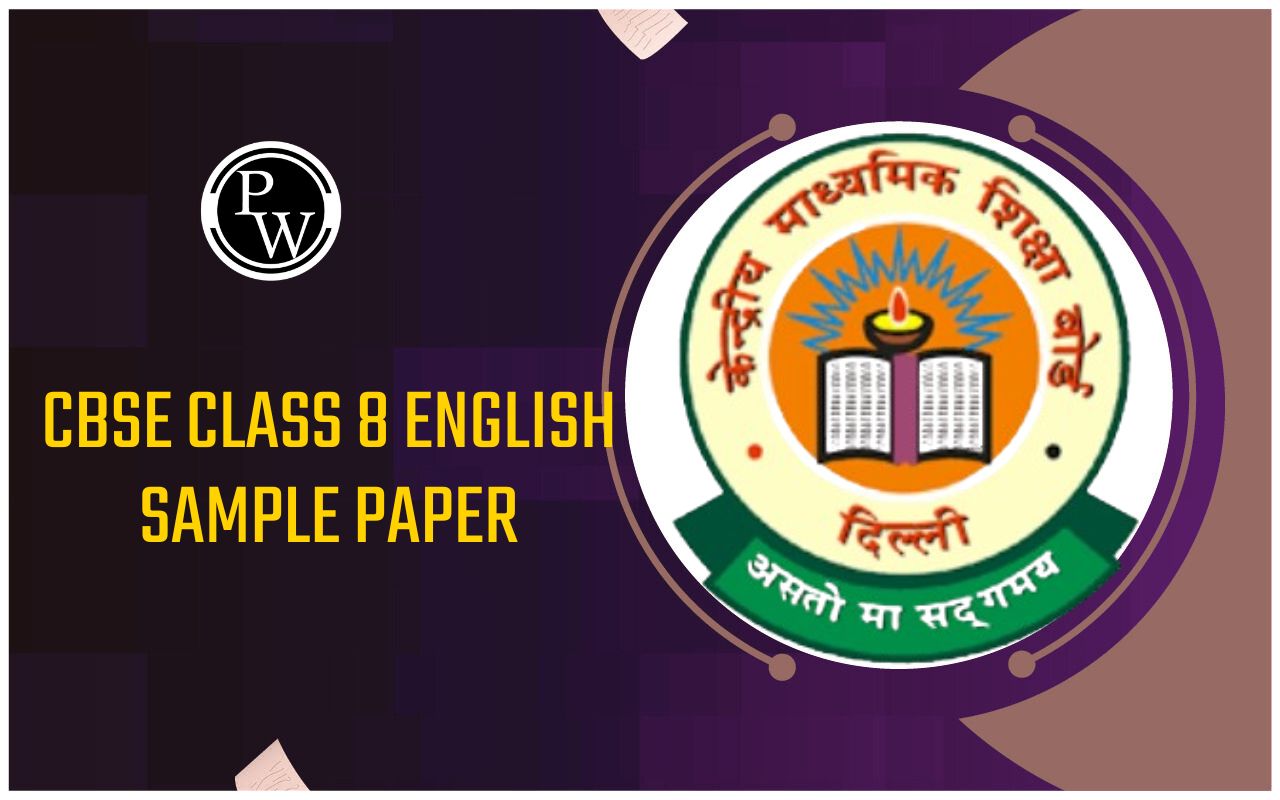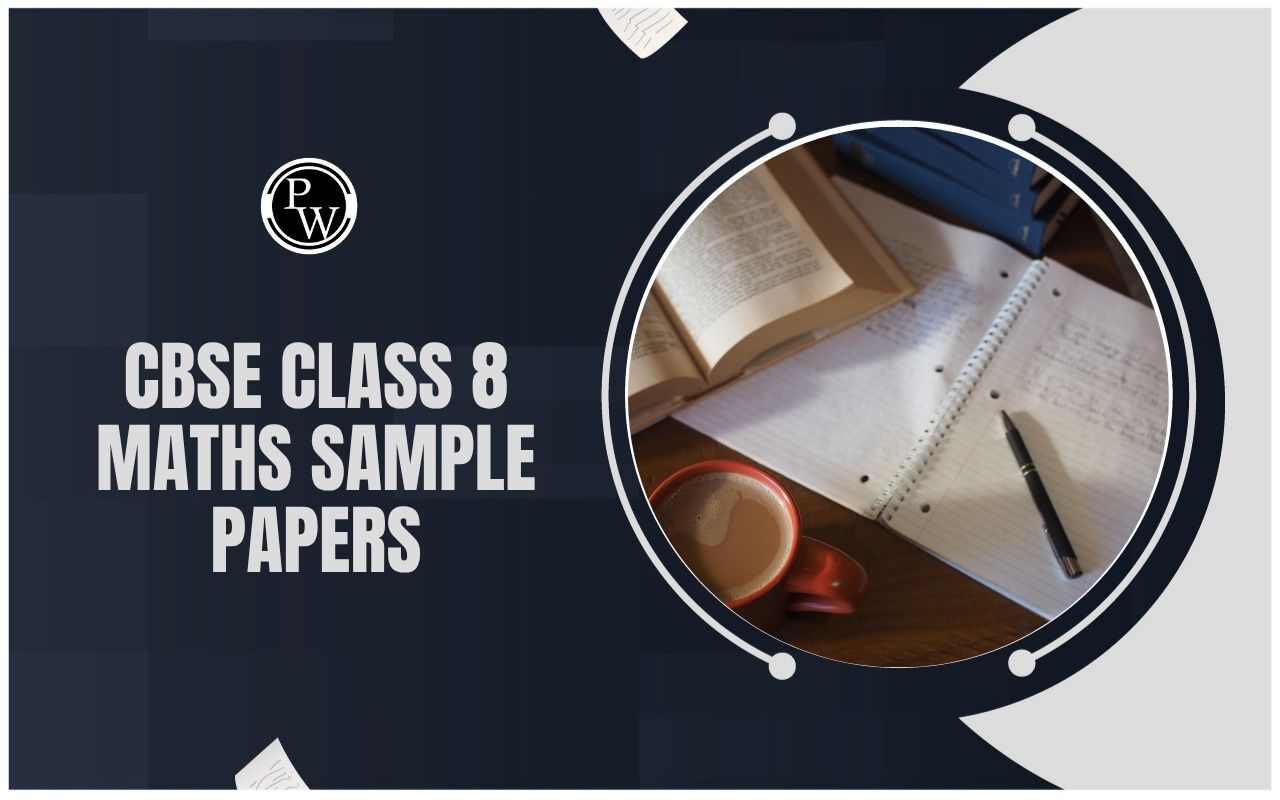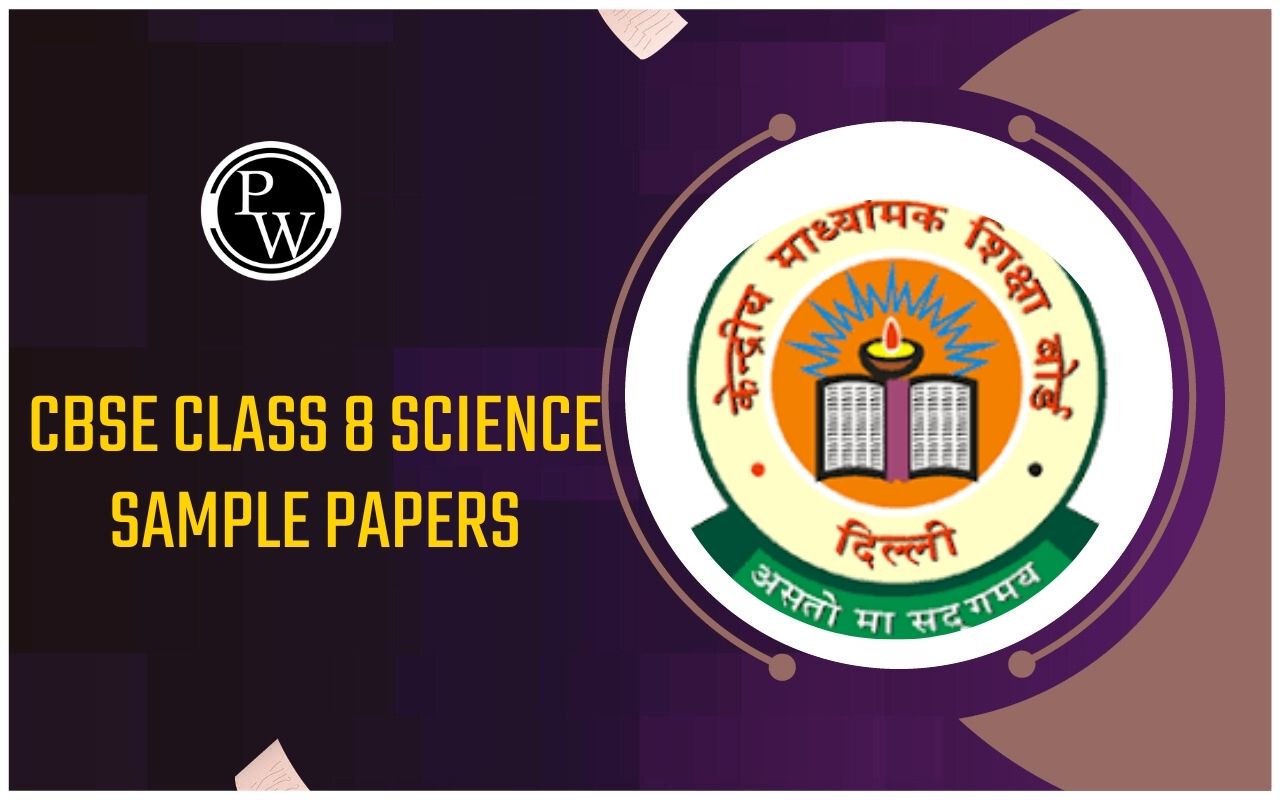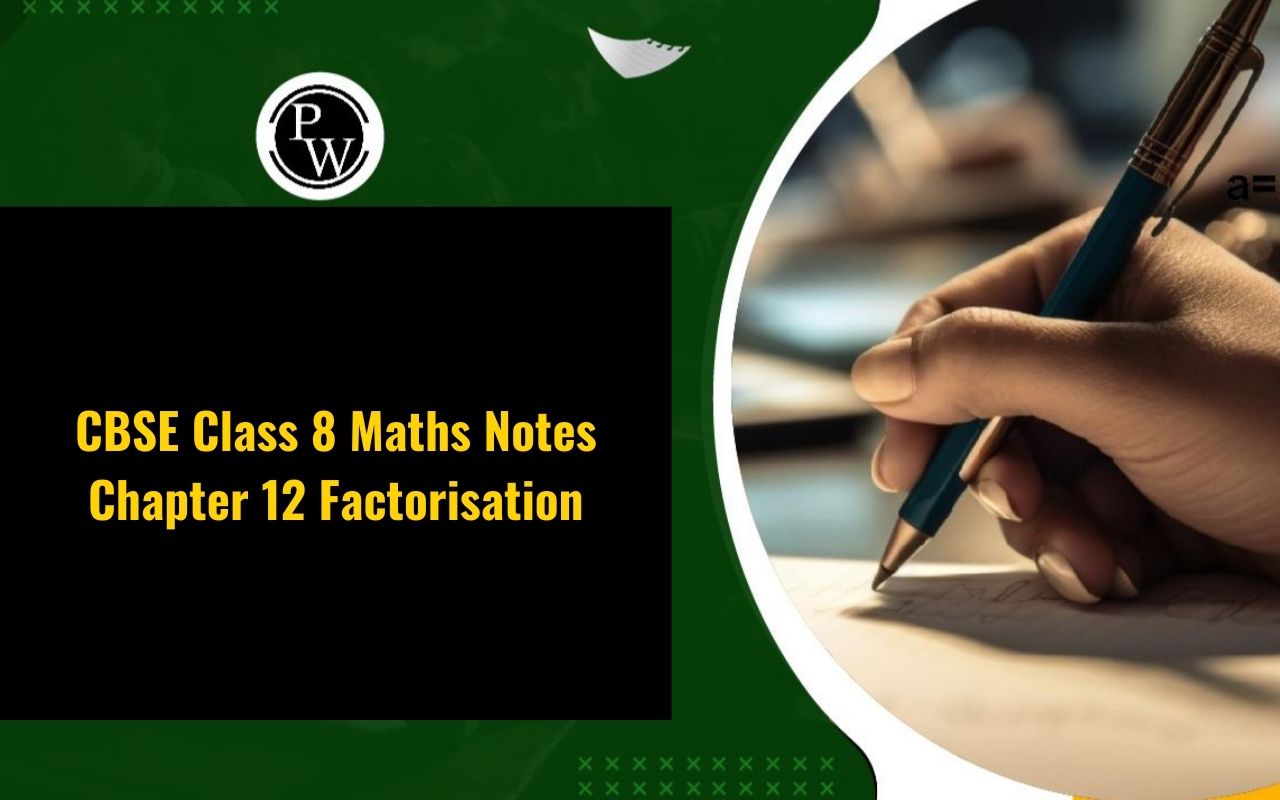
CBSE Class 8 Notes: CBSE Class 8 notes are detailed resources that provide students with clear, concise, and easy-to-understand explanations of key concepts from the subjects prescribed in the CBSE Class 8 syllabus. These notes cover all major subjects, including Mathematics, Science, Social Science, Hindi, and English, making them a valuable resource for both regular studies and exam preparation. The notes are structured to align with the latest exam pattern, ensuring students are well-prepared for the upcoming tests. They help in understanding the important topics, organizing study material, and revising key points before exams. By following the CBSE class 8 syllabus, these notes provide a roadmap for students, providing a focused approach to learning that helps them score well in the exams.
CBSE Class 8 Notes
Here is an overview of the CBSE Class 8 notes across various subjects, designed to help students grasp the key concepts with ease and enhance their understanding for better exam preparation:
|
CBSE Class 8 Notes |
|
CBSE Class 8 Hindi Notes |
|
CBSE Class 8 English Notes |
CBSE Class 8 Notes Overview
The CBSE Class 8 Notes provides a structured, concise summary of essential concepts from the CBSE Class 8 syllabus.
These notes cover core subjects such as Hindi, English, Maths, Science, and Social Science, providing students with a clear understanding of key topics.
The notes are created to simplify complex ideas, making them easier to understand, revise, and retain. Here’s a brief overview of the subjects and the topics covered in each:
-
Hindi Notes:
-
Covers grammar (Vyakaran), prose (Gadya), poetry (Padya), and writing skills (Lekhan).
-
Focuses on sentence formation, tenses, vocabulary, and comprehension.
-
Provides chapter summaries and detailed explanations of important concepts.
-
English Notes:
-
Includes grammar topics, vocabulary building, comprehension skills, and writing tasks like essays and letters.
-
Summarizes important chapters in prose and poetry, ensuring easy understanding.
-
Strengthens language skills by simplifying complex grammar rules and sentence structures.
-
Mathematics Notes:
-
Covers algebra, geometry, data handling, linear equations, and more.
-
Breaks down mathematical concepts step-by-step, with practice problems and solutions.
-
Offers formulas, theorems, and tips for solving different types of problems efficiently.
-
Science Notes:
-
Includes key topics such as forces, matter, food, living organisms, and scientific processes.
-
Provides clear explanations with diagrams, examples, and key definitions.
-
Facilitates easy revision of important scientific concepts for exams.
-
Social Science Notes:
-
Divided into History, Geography, and Civics.
-
History focuses on ancient civilizations, historical events, and their impacts.
-
Geography explains the Earth’s physical features, climate, and natural resources.
-
Civics covers government systems, democracy, and citizenship rights and duties.
Benefits of Using CBSE Class 8 Notes
a) Easy Understanding
By simplifying complex topics, the notes make it easier for students to understand concepts. Whether it’s understanding the laws of motion or the causes of historical events, these notes break down difficult ideas into simpler forms.
b) Quick Revision
CBSE Class 8 notes are perfect for last-minute revision. They focus on the most important points, helping students quickly review essential information before exams. The concise format saves time and ensures students can revise efficiently.
c) Improved Retention
These notes use clear explanations, examples, and diagrams, which help in better retention of information. Visual aids and practice questions further enhance memory and recall.
d) Comprehensive Preparation
The notes cover every topic from the Class 8 syllabus, ensuring that no concept is left out. This ensures comprehensive preparation for exams and helps students feel more confident in their studies.
e) Time-Saving
Since the notes condense information in a readable and understandable manner, students can save time during their study sessions. Instead of sifting through textbooks, students can use these well-organized notes to study more efficiently.
How to Make the Best Use of Class 8 Notes?
To maximize the benefits of these notes, here are a few study tips:
-
Regular Study: Review the notes regularly, even when exams aren’t near, to keep concepts fresh in your mind.
-
Practice Problems: Solve practice questions to test your understanding and improve problem-solving skills.
-
Group Study: Collaborate with classmates for group study sessions, using the notes to clarify doubts and strengthen your knowledge.
-
Use Diagrams: Always pay attention to diagrams and charts in subjects like Science and Maths to visually understand the concepts.
Important Questions for Class 8 Maths FAQs
What subjects are covered in CBSE Class 8 notes?
How can CBSE Class 8 notes help with exam preparation?
Are the CBSE Class 8 notes aligned with the syllabus?
Can these notes be used for self-study?









